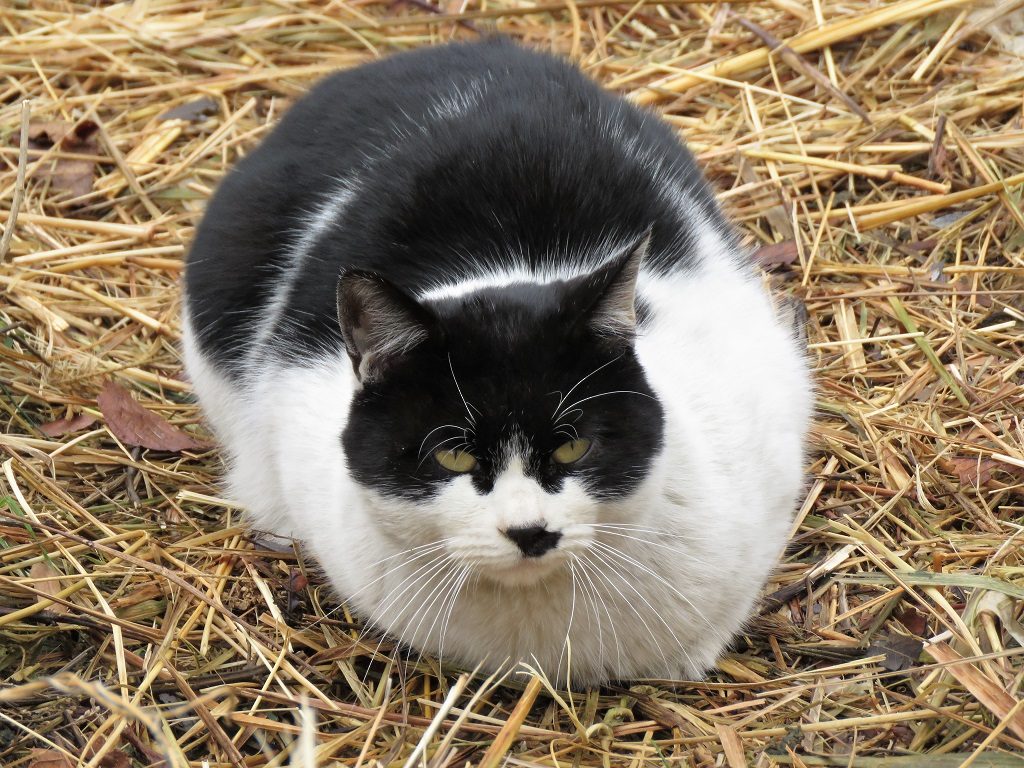Trimming the Fat, Progressive Style
The publisher and copyright holders of the famous children’s stories of Roald Dahl have systematically expunged certain progressively offensive words from the new editions of his books, in order to bring them into line with current progressive notions of “inclusiveness” (read Marxist mind manipulation). A character who was “enormously fat” is now simply “enormous,” lest anyone be infected with the horrific, antiquated idea that being extremely obese is an unpleasant and unsightly anomaly. A character previously described as a “most formidable female” is now a “most formidable woman,” lest today’s children be met with the confusion of having their teachers’ lessons about gender fluidity undermined by such dead language as “male” and “female.”
No character is any longer allowed to be “ugly,” “crazy,” or “not ladylike” — the last of which has been changed to “undignified” to avoid the patriarchal oppression of suggesting that men and women are different, and that there might be certain virtues more typical or desirable in women than in men. The alterations and obliterations go on and on and on, including even an addendum to a reference to witches being bald beneath their wigs, explaining, in perfect progressive kindergarten English, that “There are plenty of other reasons why women might wear wigs and there is certainly nothing wrong with that.”
The purpose of these changes, according to the rapists of Dahl’s legacy, is explained in each new volume with the absolutely terrifying plainness of the totalitarian bureaucrat: “This book was written many years ago, and so we regularly review the language to ensure that it can continue to be enjoyed by all today.” In short, certain words and sentiments published “many years ago,” and read by millions of people of past decades without offense, are no longer permissible in our world, and therefore no book may be printed today which has not been cleansed of those nasty words and sentiments.
Let us look more carefully at that rationalization for betraying a dead man’s wishes and destroying his life’s work. Begin with the first clause: “This book was written many years ago.” In this context, those words carry the direct and ominous implication that books written in the past should and must be regularly reassessed to determine their consistency with contemporary political attitudes and socialization goals, and then authoritatively cast down the memory hole whenever, or to whatever extent, they are judged to be obsolete. With that simple statement of authoritarian presumptuousness, the overseers of Roald Dahl’s literary legacy turn the very meaning of literature on its head. Books, we are now told, are not written by authors hoping to preserve their ideas for the sake of future generations who might otherwise lose the insights contained therein, and who might therefore gain immeasurable benefit from revisiting those earlier thoughts. In other words, the purpose of books is not, we are now told, to provide the world of today with a repository of non-current ideas, which are ultimately valuable precisely because they afford us a glimpse of non-current sensibilities and beliefs, thereby challenging or softening current pieties and prejudices. We are now to believe, on the contrary, that the only value or justification for the existence of books — of written stories, opinions, ideas, memories — is to serve and support current pieties and prejudices, such that literature which in any way fails to make us feel comfortable with our own narrowest horizon deserves to be expunged from our world and removed from our libraries.
And the second clause of the Dahl publishers’ declaration: “so we regularly review the language to ensure that it can continue to be enjoyed by all today.” Apart from the obvious and tyrannical double meaning behind that use of “can,” the primary implication here is that Dahl’s original language might not be “enjoyed by all today.” But what does “all” mean in this context? Obviously, it means to indicate those who might find the deleted words and phrases “unenjoyable,” namely those inclined, by temperamental or indoctrinated sensitivity, to be disturbed by words like “fat,” “female,” “unladylike,” “ugly,” “dwarf,” “bald,” “crazy,” “mad,” and so on. In other words, these words could cause discomfort among those who have one of these traits and therefore feel embarrassed at the comparison, or (more importantly) those who are being propagandized to believe that morbid obesity is a legitimate lifestyle choice; that gender identity is a personal preference which cannot be imposed upon a child by mere biology; that women and men are emotionally, materially, and morally identical in all ways, and must never be differentiated except by personal choice and exclusively for purposes of sexual pleasure; that there is no such thing as objective beauty, but rather that all people should consider themselves equally beautiful (no matter how fat, unladylike, or ugly they may be); that a woman who has gone bald and needs a wig should be regarded as in no way flawed or imperfect, but rather as “differently perfect”; and that people who do and say things that indicate a fundamental irrationality and disconnection from common sense are merely being creative and alternatively gifted, and may in no way be judged intellectually deficient (“crazy,” “mad”).
In sum, these little tyrants and spiritual book-burners are telling Roald Dahl, and by implication every other significant author from the past who has toiled, suffered, and tortured himself to find a way, against all the personal and societal pressures of his own time, to bequeath a hint of his soul to the future, that his unique mind and peculiar vision — the very goods he was hoping against agonizing hope to capture in words and preserve for us — are worthless and unworthy, because they do not comport perfectly with the trendiest and most forward-looking attitudes of this moment. But that is precisely what they were never intended to do. To the extent that an age forgets that fact, it has forgotten the essence of its relation to the past, its debt to the past, and above all its need for the past.
A society’s past — old attitudes, long-earned beliefs, well-learned failures and successes, and comprehensive pictures of the nature of life — are the indispensable antidote to the inevitable prejudices, follies, and blind inhumanities that overtake any age or community to the extent that it lacks the maturity, humility, and rectitude to remember that the world existed before itself and will carry on after it, and that the previous millennia of human existence were not simply a pointlessly long prelude to the crowning achievement of Us, but rather represent a litany of intermittent greatness, alternative answers, vital lessons learned the hard way, and fruitful but incomplete investigations, all of which we have inherited, of which we are temporary stewards, and which, in the end, will swallow us into its grand waves of change. The only question is whether we can add anything of lasting worth to those waves which will carry on beyond us, a matter which depends to a great extent on how well we manage, respect, and engage with our inheritance, rather than dismissing and seeking to destroy it in the name of protecting our narrow-minded prejudices and easy answers, i.e., our immature self-absorption, self-protective sensitivity, and amoral disregard for our elders — our childishness. In the latter case, it is only we who will be forgotten in the long run. We progressive monsters in our enormously fat, ugly, madness. We spiritual dwarves living under the control of witches who hide beneath flowing wigs of fake compassion to conceal their hideousness, envy, and hatred.



